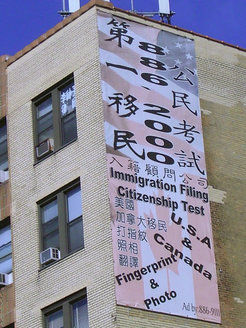Transformative Intermediaries: Infrastructure, Platform, and Logistics

Contrary to predications that technological innovations would remove intermediaries, economic operations in many sectors are more intensively mediated than ever before. The mediators include human agents, physical infrastructure, and technologies, particularly that of algorithms. Intermediation is far from neutral or passive; intermediaries transform our lives by transforming the means of intermediation. Digital platforms, for instance, become new bases of profit and power by concentrating, upscaling, and physically concretizing intermediation activities. Does intermediation represent a fundamental mode of socioeconomic organization in the twenty-first century that is comparable to other well-established organizing principles, like reciprocity, redistribution, networks, and hierarchies? Is the means of mediation replacing both the means of production and legitimate violence as the defining factors of political economy?
Transformative intermediaries are also relevant to the ongoing global economic realignment, partly driven by frictions in the European Union, China’s Belt and Road Initiative, and the threat of a decoupling of China and the United States. Politicians can make dramatic changes in policies of migration, trade, and technological cooperation, but they often forget that all these processes are mediated and, as result, have created their own lasting infrastructure. How will transnational labour recruiters and education agencies react to an increasingly hostile migration environment? What new trade paths and logistic patterns will migrant brokers create in event of economic renationalization?
